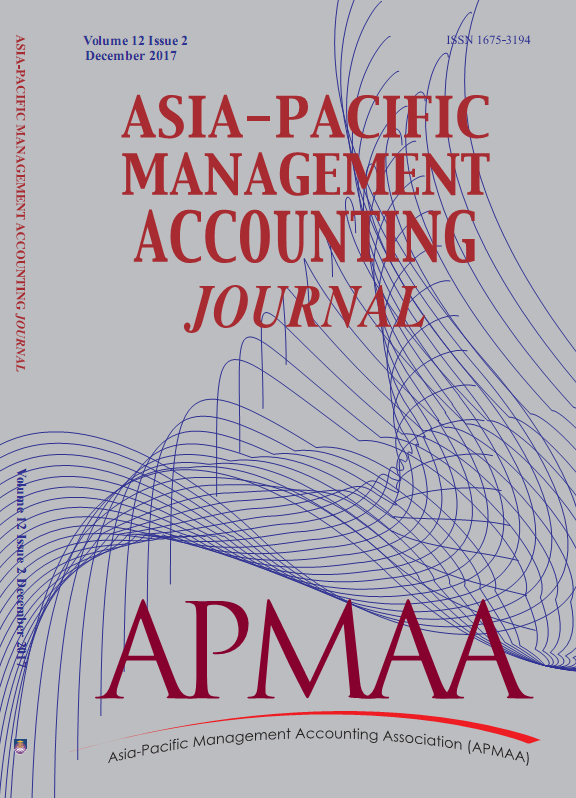Volume 19 Issue 2, August 2024
ARTICLE INFO
Article History:
Received: 19 February 2024
Accepted: 23 July 2024
Published: 01 August 2024
Financial Subsidies, Tax Incentives, and Innovation Quality: Empirical Evidence from High-Tech Enterprises in Sichuan Province, China
Qiuhong Liu1, Rani Diana Othman2♣ and Siti Nurhazwani Kamarudin3
1Faculty of Accountancy, Universiti Teknologi MARA, Shah Alam, Selangor, Malaysia.
1School of Economics and Management, Panzhihua University, China.
2Faculty of Accountancy, Universiti Teknologi MARA, Cawangan Melaka, Kampus Alor Gajah, Malaysia
3Faculty of Accountancy, Universiti Teknologi MARA, Cawangan Terengganu, Kampus Dungun, Malaysia
Innovation has become a crucial driving force for economic development now. In 2023, Sichuan Province in China ranked 10th nationwide in innovation capability, indicating the need for further breakthroughs. Between 2016 and 2020, Sichuan Province witnessed a total of 35 companies going public, with 26 of them being high-tech enterprises, accounting for 74.29%. Therefore, the overall improvement in innovation capability needs to be built upon the original innovation capacity of high-tech enterprises. Financial subsidies and tax incentives are often used to improve innovation quality, but their effectiveness is a subject of controversy. This study selected 34 high-tech enterprises from Sichuan Province listed on the Shanghai and Shenzhen stock exchanges as research samples. Using relevant data from 2017 to 2022, the study empirically examined the impact of financial subsidies and tax incentives on the innovation quality of these enterprises. The research found that both of them individually have a positive stimulating effect on innovation quality. However, when these two policies are implemented simultaneously, the incentive effect is weaker compared to the impact of each policy individually.
Keywords: Financial Subsidies, Tax Incentives, Innovation Quality, High-Tech Enterprises.


